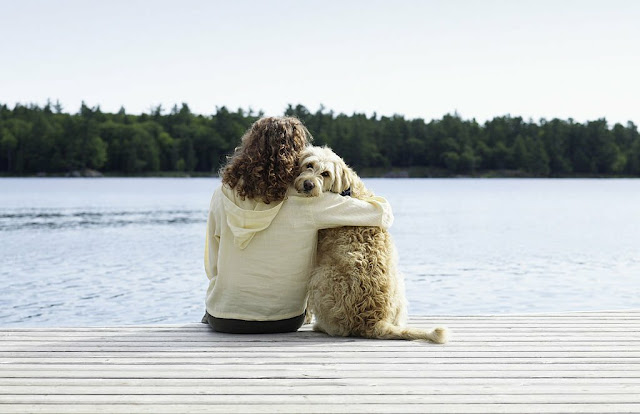What is the proper way to socialize my dog?
Introduction
Is your dog shy, overly excited, or fearful around other dogs or people? Socialization is the key to helping your furry friend navigate the world with confidence and ease. In this article, we will explore the proper way to socialize your dog, providing you with a step-by-step guide to ensure a positive and enriching experience for your canine companion.
Understanding the Importance of Socialization
Why Socialize?
Socialization is the process of exposing your dog to various environments, people, animals, and situations in order to help them develop appropriate behaviors and coping mechanisms. It is crucial for their overall well-being and helps prevent future behavioral problems.
The Critical Period
Puppies have a critical period for socialization between the ages of 3 to 14 weeks. This period is when they are most receptive to new experiences, making it an ideal time to introduce them to different stimuli. But, dogs of any age can gain from socializing.
The Steps to Properly Socialize Your Dog
1. Start at Home
Create a safe haven: Designate a quiet area in your home where your dog can retreat and relax when feeling overwhelmed or tired.
Expose them to household sounds: Gradually introduce your dog to common household sounds, such as the vacuum cleaner, doorbell, or blender. This will help them become more familiar and comfortable with these noises.
2. Positive Experiences Outdoors
Leash training: This will not only ensure their safety but also make outings more enjoyable for both of you.
Controlled introductions: Choose places with controlled environments, such as a friend's fenced yard or a well-managed dog park, to introduce your dog to other dogs in a controlled manner. Keep interactions short and positive, gradually increasing their exposure over time.
3. Meeting New Humans
Start with familiar faces: Introduce your dog to family members, friends, and neighbors whom they will frequently encounter. Ensure these interactions are positive, rewarding your dog's calm behavior with treats or praise.
Generalizing with strangers: Once your dog feels comfortable with people they know, gradually expose them to unfamiliar individuals. Encourage strangers to offer treats or engage in fun activities, reinforcing positive associations.
4. Exposing Your Dog to Novel Environments
Car rides: Take your dog on short car rides to help them acclimate to the motion and the sights and sounds outside. Gradually increase the duration of the rides as your dog becomes more comfortable.
Visiting new places: Introduce your dog to different environments such as parks, cafes, or pet-friendly stores. Start with quiet areas and gradually work your way up to busier locations.
5. Training Classes and Group Activities
Enroll in puppy classes: These classes provide an excellent opportunity for your dog to learn new skills while socializing with other puppies under the guidance of a professional trainer.
Join dog-friendly events: Participate in dog-friendly activities such as group walks, agility classes, or obedience trials. These events not only offer socialization opportunities but also strengthen the bond between you and your dog.
Learn what to do and what to avoid when socializing your dog.
Do's:
Stay positive and patient: Encourage and reward desirable behaviors, and remain patient during the socialization process.
Gradually increase exposure: Slowly introduce new experiences, ensuring your dog feels comfortable at each stage.
Seek professional help if needed: If your dog exhibits extreme fear or aggression, consult with a professional dog trainer or behaviorist.
Don'ts:
Overwhelm your dog: Avoid exposing your dog to too many new stimuli all at once, as this can lead to stress or fear.
Force interactions: Respect your dog's boundaries, and do not force them into uncomfortable situations.
Neglect ongoing socialization: Socialization should be a lifelong process. Continue exposing your dog to new experiences throughout their life.
Conclusion
Socializing your dog is a vital aspect of their development and overall happiness. By following the steps and guidelines outlined in this article, you can help your furry friend become a well-adjusted and confident member of society. Remember, with patience, positive reinforcement, and a commitment to their social well-being, you are setting your dog up for a lifetime of positive interactions and enjoyable experiences.
"Dogs are social creatures. They deserve the opportunity to experience the world around them with joy and confidence." - Anonymous

